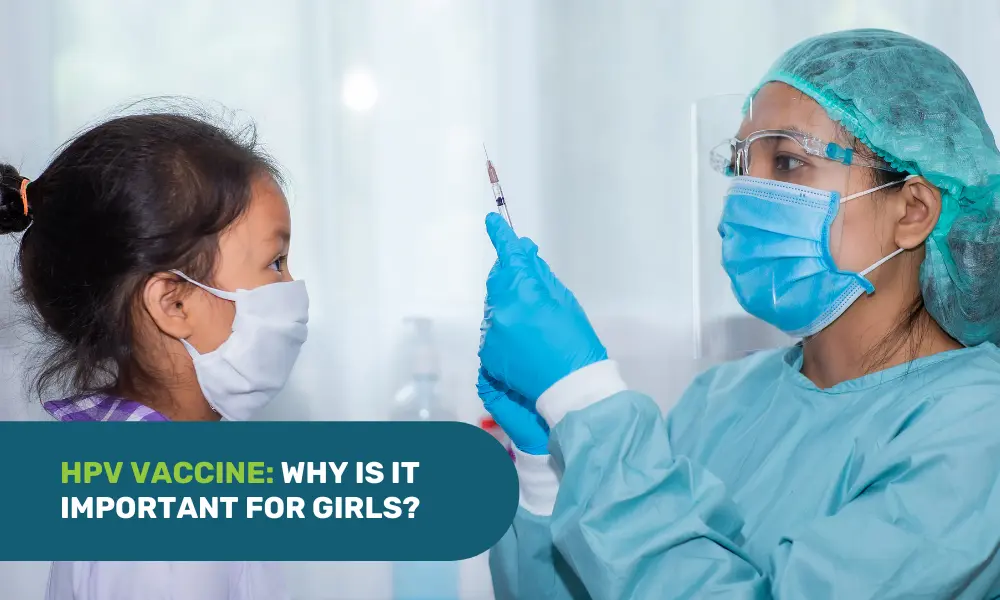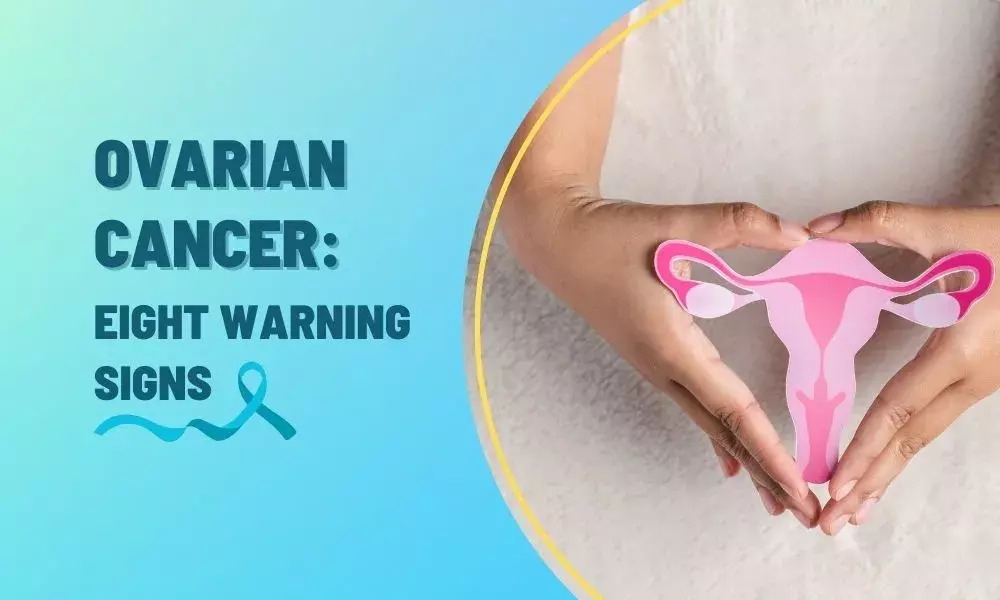Cervical cancer is the fourth most common cancer in women globally and the second most common cancer among women in India, as per WHO reports. Further new cases of cervical cancer among Indian women are 17.7 percent.* There is lack of awareness around cervical cancer and the need for prevention. We still have a lack of awareness about the HPV vaccine that can prevent cervical cancer.
Table of Contents:
-
What causes cervical cancer?
-
What are the signs and symptoms?
-
How to detect cervical cancer?
-
How can cervical cancer be prevented?
-
How does the HPV vaccine work?
-
What is the current evidence on the vaccine?
After breast cancer, cervical cancer is one of the most common cancers in women. In most of the cases it surfaces at advance stages, which makes it difficult to treat it. But the best part is there is a preventive vaccine available for cervical cancer. The vaccine, when taken by girls before puberty, can stop the incidence of cervical cancer in the first place.
What causes cervical cancer?
When abnormal cells start growing and clustering around the cervix, which is the narrow end of the uterus connecting the vagina, it is caused by the Human Papillomavirus (HPV), which is transmitted during intercourse. Although the body’s immune system removes the virus, if it’s a high-risk one, like HPV 16 or HPV 18, the chances of it remaining stubborn and causing cancer are high. There are 200 HPV viruses that sexually active people are infected with at some point in their lives. That does not mean that all will develop cancer, but a vaccine is needed to eliminate any risk.
What are the signs and symptoms?
This cancer has no apparent symptoms in the early stages. In the later stages, the patient reports unusual vaginal bleeding, including post-coital bleeding, bleeding between periods or after menopause, watery or foul-smelling vaginal discharge, and pelvic pain.
How to detect cervical cancer?
A Pap test helps detect cancer cells and should be done by girls entering adulthood, upwards of 20, and screening intervals ranging from three to five years. Rather, it is a must for women of all ages.
How can cervical cancer be prevented?
Cervical cancer can be treated and cured if diagnosed at an initial stage and treated promptly. It is preventable and curable if one gets vaccinated against the HPV virus. India now has its own HPV vaccine, which targets four types of HPV infections and should be taken by girls between the ages of nine and 14.
How does the HPV vaccine work?
Quadrivalent vaccines prevent the entry of HPV 16, 18, 6, and 11, the four most common types of HPV. In this way, they prevent infections, genital warts, and cancer. Universal immunization of girls is recommended.
What is the current evidence on the vaccine?
Over 100 countries with HPV vaccination programs have seen a decline in cervical cancer cases. By the late 2000s, evidence emerged that vaccination reduced the incidence of pre-cancerous lesions. Vaccination in teenage years can reduce the risk of cervical cancer by over 85 percent at age 30. It is advisable to consult a Pediatrician in case of children from suitable dosage.
HPV vaccine can be a lifesaver if taken at the right age in girls. This vaccine can prevent the development of cervical cancer in girls and help them lead a life without complications. Further, it is vital to consult a gynaecologist in case of any abnormality in women at the earliest so that the risk of such cancers can be dealt with well and treated early.
*Data Source: Cervical cancer (who.int)





